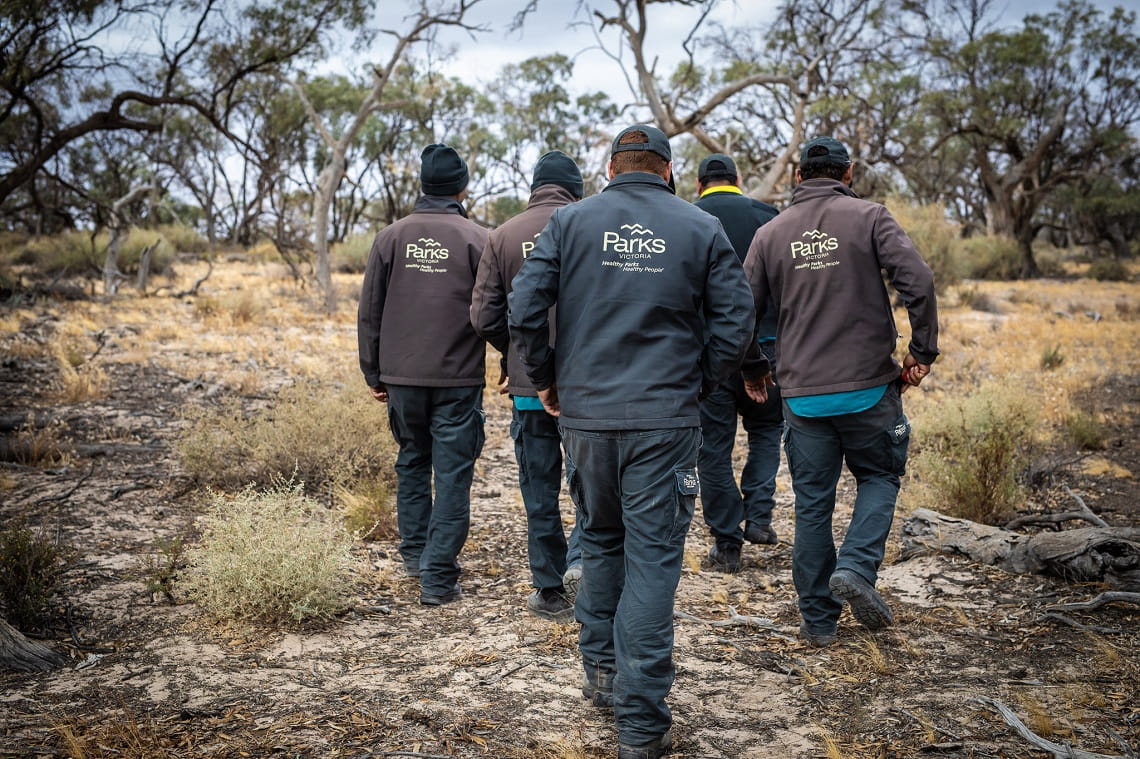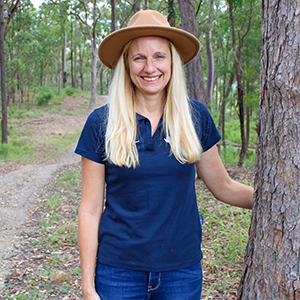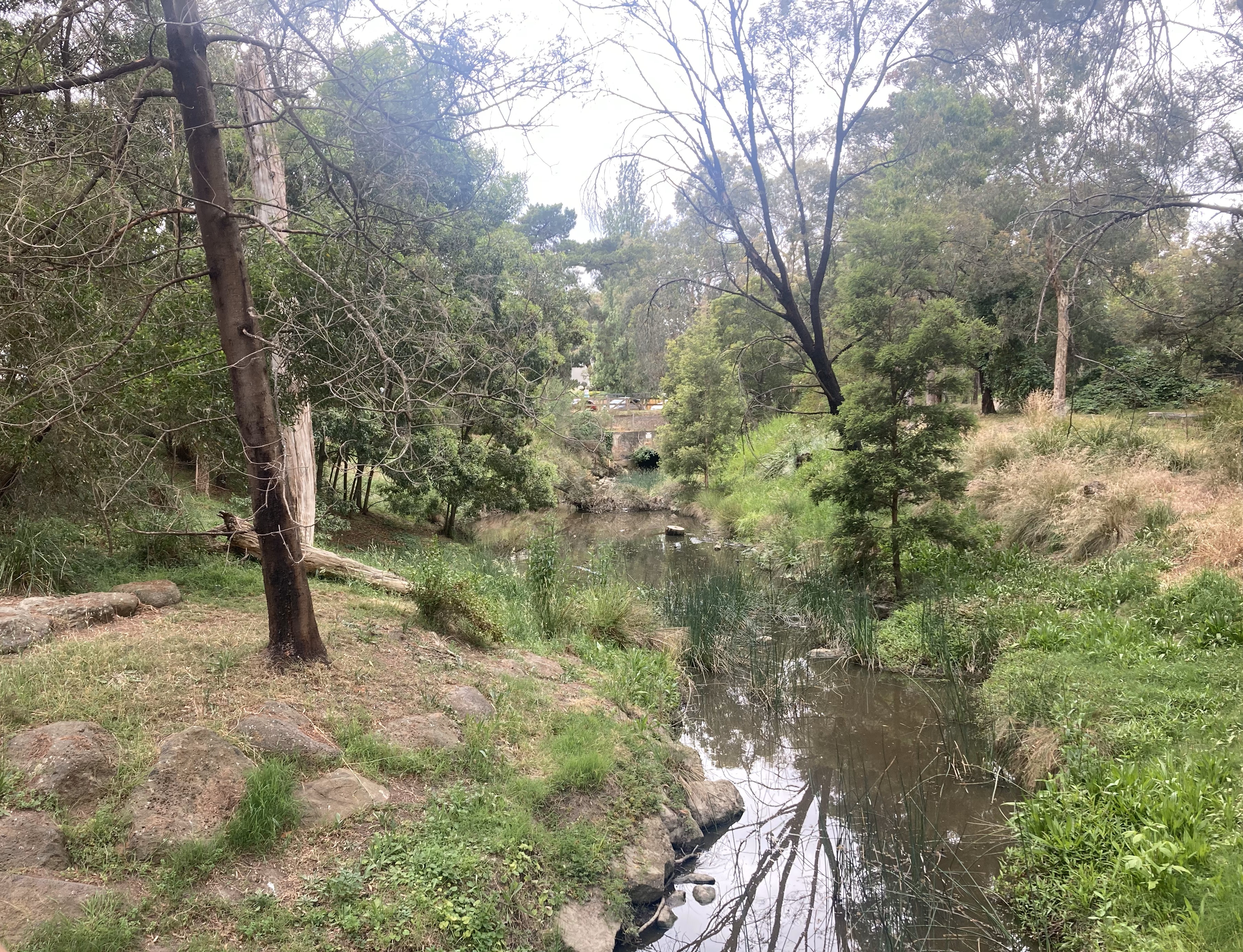Schools, libraries, community groups and scientists are encouraged to apply for grants of up to $10,000 under the next round of the Palaszczuk Government’s popular Advance Queensland Engaging Science Grants.
Minister for Science Leeanne Enoch said the Palaszczuk Government was committed to supporting the STEAM (Science, Technology, Engineering, Arts and Maths) sector, and the jobs opportunities that are available.
“These grants are about expanding the reach of science across the state and engaging more people in the wonders of science and innovation,” she said.
“We know that employment in this sector is growing two times faster than other occupations and it is important we embrace this and look at the career opportunities of the future.”
Minister Enoch said these grants have helped to expand the reach of science across Queensland.
“In July we announced 15 successful projects who received funding under the previous round, including a school that installed remote cameras to monitor wildlife, drone coding workshops, and a project that is helping people to become citizen scientists by hunting for fossils.”
Queensland Chief Scientist Professor Paul Bertsch said the grants provide a great opportunity for scientists to interact with students and the wider community so they gain a better understanding of the many and varied career paths available to those with a science, technology, engineering or maths – STEM – qualification,
“Through the grants program, Queenslanders across the state have been able to attend STEM-based events, participate in science projects and learn about new technologies at hands-on workshops that are intended to inspire the next generation of STEM professionals,” Professor Bertsch said.
“It is important for students to engage with scientists to understand the contribution they make to improving our lives, wellbeing and the environment.
“This connection cannot be underestimated as talented role models have the ability to make a lasting impression on young minds.”
An excellent example of a project that is connecting students with scientists is QUT’s Mozzie Augmented Reality project, which received $10,000 under the previous round of Engaging Science Grants.
Project leader Dr Jennifer Seevinck said the project aimed to empower primary school children to teach their families and communities about the importance of reducing the risks of disease-carrying mosquitoes in urban backyards.
“We’re developing an interactive Mozzie Augmented Reality Resource App for children which helps them understand and act on urban mosquito breeding habitats. Augmented Reality overlays a virtual world onto reality. Children walk around the classroom, holding mobile tablets and spotting virtual risk areas,” Dr Seevinck said.
“Dengue is already a big issue in Queensland, but we could also face threats of Zika virus and chikungunya – both devastating diseases. It’s critical that we look to change behaviour and domestic environments to reduce the risk of disease-carrying mosquitoes taking hold.
“Children can be at the front line of doing that. Using Augmented Reality design, we can educate our kids to detect and remove mosquito habitats. It works because the tech design makes learning active, social and applied. It’s accessible. It’s tactile. It engages our kids in science, to make the world healthier.”
The Advance Queensland Engaging Science Grants Program has awarded more than $1.2 million to 128 projects over the seven rounds to date.
Grants open from today (13 September) and close at 1pm on Monday 4 November.








